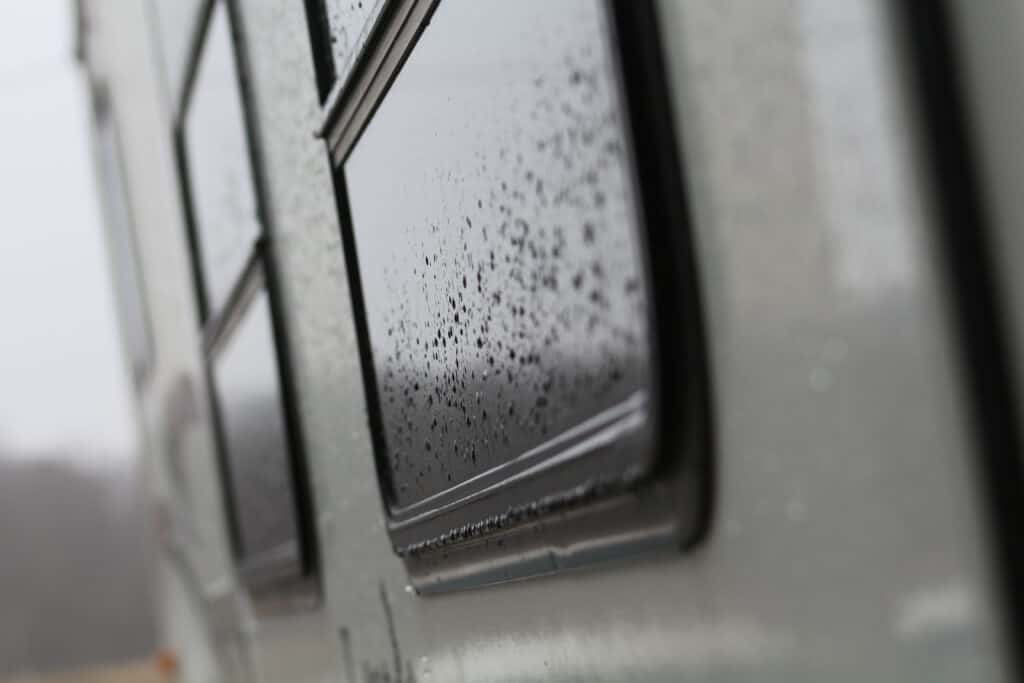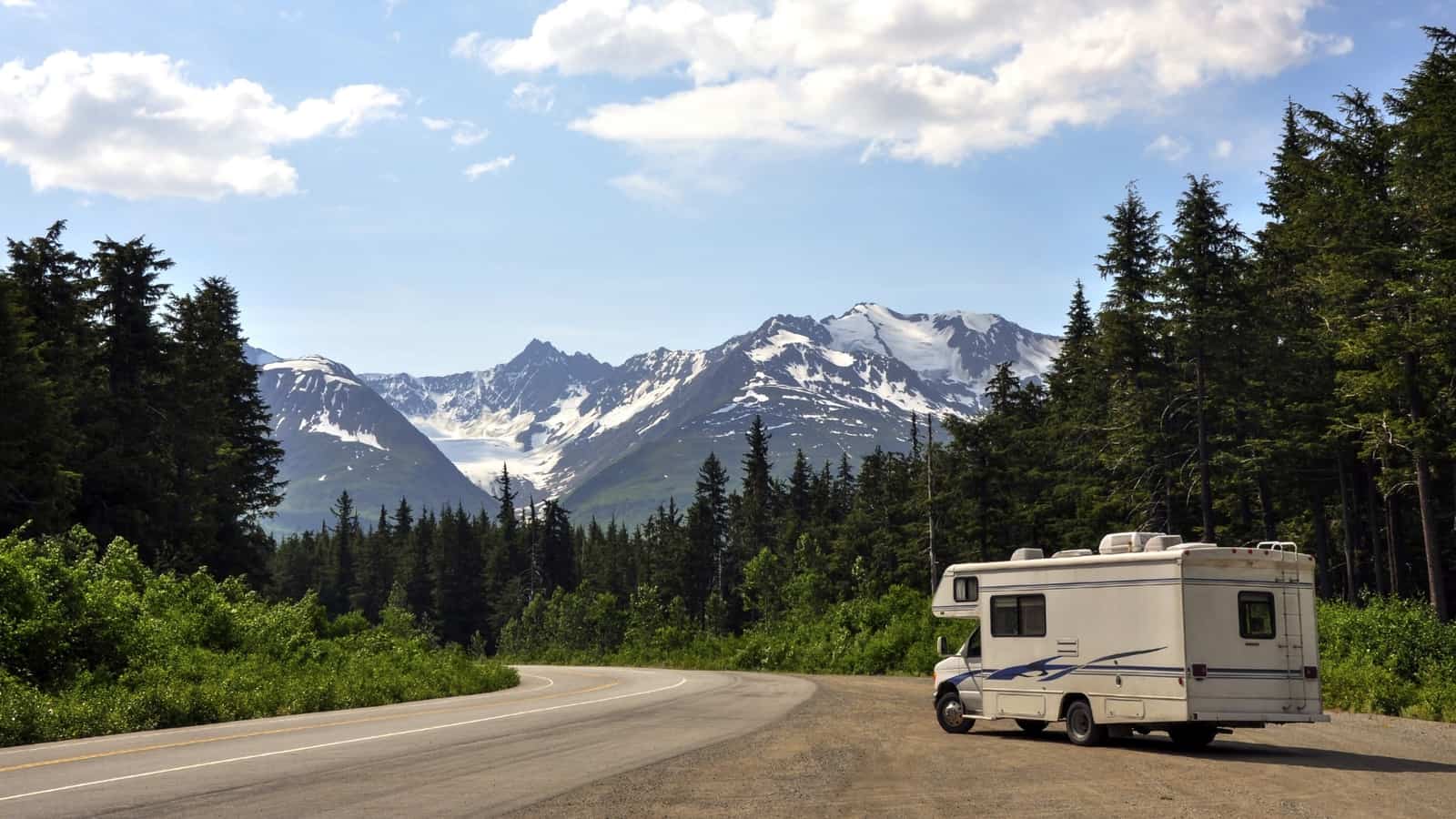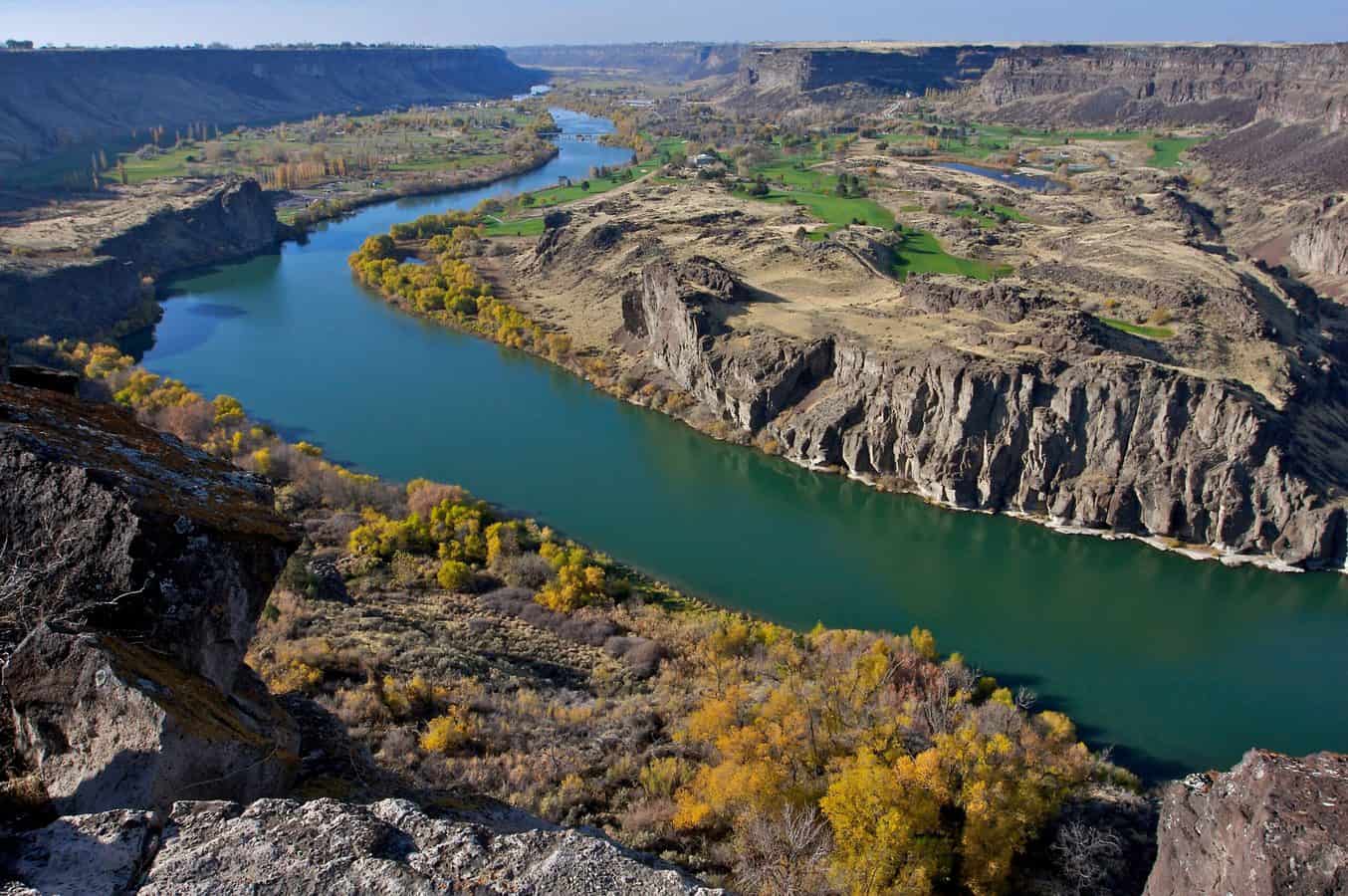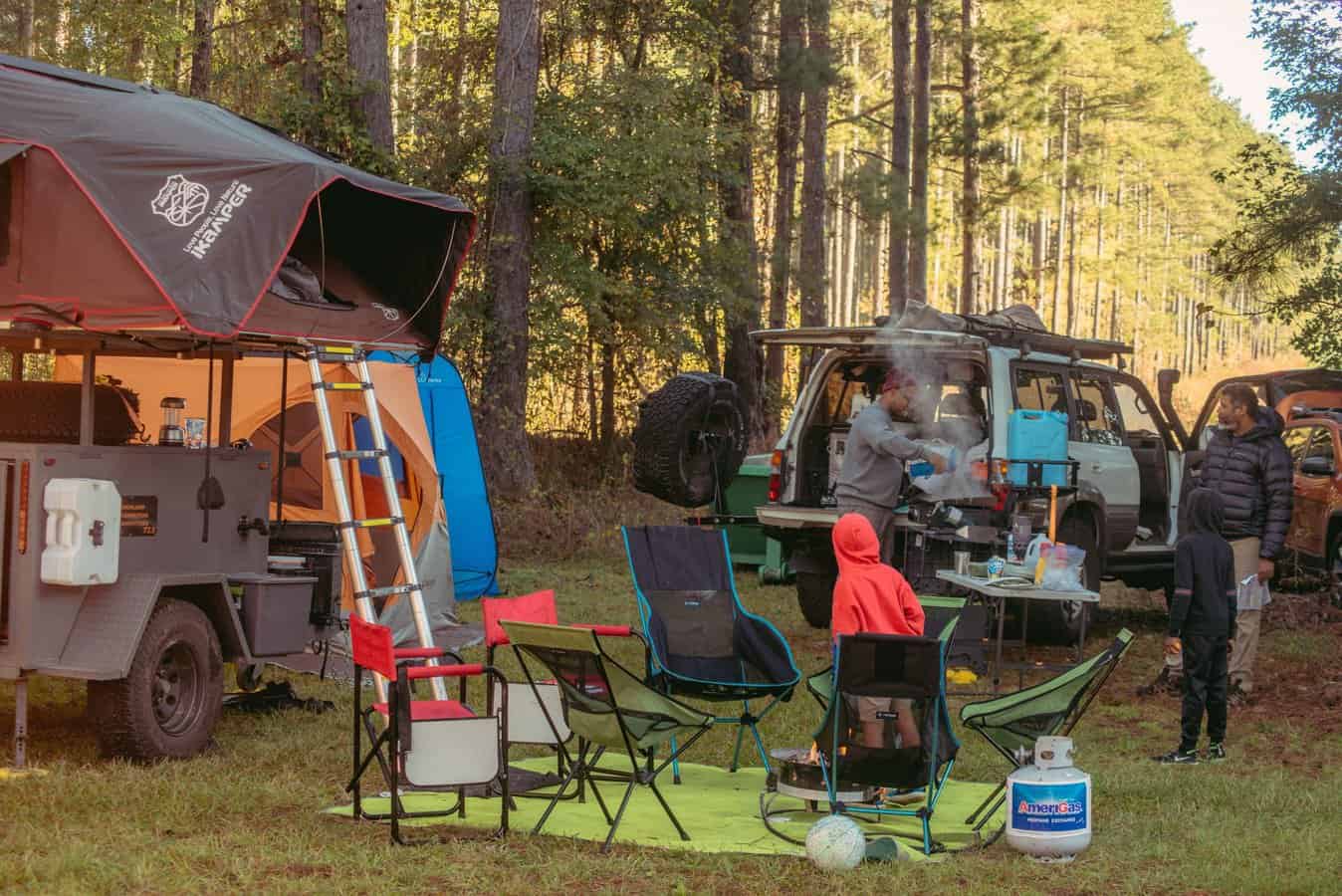
How To Harvest Rainwater In An RV
No matter where you travel, you always need to have access to water. We rely on this liquid for hydration, cooking, cleaning, watering plants, and so much more. In an RV, you might be used to relying on water hookups for a constant supply. But if you want to go for a more natural route, you may wonder if there are any rainwater harvesting systems for RVs.
Regardless of size, nearly every RV has holding tanks for water storage. Running water is essential to staying clean, healthy, and hydrated wherever you go. So if you need a way to fill up your tanks while you’re in the middle of nowhere, you may want to use rainwater as a supplement. Is this a practical solution though?
Long story short, rainwater harvesting is absolutely realistic for RVers. Many people do it to reduce their environmental impact, save money, and top off their water tanks. But there are a few complications involved in this process. Below, we’ll talk about what rainwater collection is, how to do it in an RV, and whether or not it’s worthwhile.
What is rainwater harvesting?
First of all, let’s do a brief overview of what rainwater harvesting actually is. Essentially, this is the process of collecting rainwater and funneling it into a specific container or location. For example, a lot of homes and other buildings have gutters to collect or direct the flow of water.
Many people collect rainwater so they can use it to water their plants, wash their cars, or give it to their farm animals to drink. Untreated rainwater can be harmful to humans, so you usually need to treat or filter it before drinking it.
You can collect rainwater in many different ways. Some people just leave out an open bucket or container to catch anything that falls. Others use gutters, hoses, or other connective devices to channel water into a specific place. Harvesting water from the roof is one of the most common options though.
Rainwater harvesting systems
Most people who have sophisticated rainwater harvesting systems live in full-time houses. These buildings have more surface area on the roof, plus additional yard space to set up collection containers.
However, RVers can make use of these systems as well. Your water storage capacity may be limited because you can only carry so much cargo and weight. But free, fresh water is nothing to scoff at! If you’re interested in turning rain into usable water, you can set up your own system to harvest rainwater.
The core components of these systems are quite simple. Essentially, you just need a way to funnel rainwater into a specific place. Some people can put the water directly into their holding tanks, while others prefer to fill up an external container or some sort.
Gutters are a great way to collect rainwater and move it to your desired location. If your RV doesn’t have gutters pre-installed, you may want to make that a custom project. You can also add detachable gutters when a storm is on the horizon.
In most cases, you’ll want to divert water from your RV roof into a sealed container. There are lots of rain barrels that have been designed for this specific purpose, but you can really use anything that has an opening at the top.
Once you have your water, it’s time to filter and store it. Most rainwater carries sediment, bacteria, and other contaminants. It’s rarely safe to drink it straight from the bin. Give the water time to settle so the heavier particles can sink to the bottom. Skim any floaties off the surface, then pour your water into a treatment/filtration device.
If you boil rainwater for 1-5 minutes, you can remove most of the dangerous elements. If you want to use untreated water, use it for gray water tasks like flushing your toilet, cleaning your holding tanks, watering plants, or washing the exterior of your RV. Don’t use it for cooking or drinking until it has been thoroughly treated!
Pros and cons of rainwater harvesting
You’ve probably heard of rainwater harvesting before, but most people don’t actually use this system. It’s more unusual nowadays because most people have easy access to potable water through their homes or apartments. But RVers need to be more adaptive, which is why some people are turning back to traditional methods of gathering and filtering water.
There are some pros and cons to consider before you decide if this is the right choice for you. Some people use rainwater collection systems to great effect, while others find them to be unrealistic. Let’s take a closer look at the details!
Pros
1. Easier to top off your water stores
RVers can go through water supplies quickly, especially if they don’t have access to hookups. Boondockers need to carefully ration their water consumption to make it last. Rainwater can supplement your supplies and make it easier to top off your tanks while you’re in the middle of nowhere.
2. Longer boondocking trips
Speaking of boondocking, collecting rainwater can help you take longer trips. If you have an off-grid energy solution like solar panels, you might be able to camp in the wild for weeks at a time before you need to pack up. This option appeals to outdoorsy types who want to camp for as long as possible.
3. Cheap over time
Although you will need to spend some money upfront to set up a rainwater harvesting system, collecting the water itself is free! You won’t have to pay for access to hookups or stock up on huge amounts of bottled water. In the end, it can save you time and money.
4. More eco-friendly and sustainable
Finally, using rainwater is great because it helps you reduce your environmental impact. You’re using a natural water source and treating it yourself. There’s very little waste here. Plus, if you’re camping in an area that has been affected by a drought, you won’t be taking water from limited reservoirs.
Cons
1. Rainwater requires treatment before drinking
On the downside, rainwater isn’t always safe to drink. Some people warn against collection altogether because there are some rainwater contaminants that are hard to remove without special equipment. Microplastics, acid rain, and harmful bacteria can make this type of water risky to use.
2. Unreliable source of water
Although it’s nice to be able to top off your water tanks, you can’t rely on the weather. You never know when it will rain or how much accumulation you’ll get. It’s a very hit-or-miss system, especially if you live in a dry area. Sometimes the payoff isn’t worth the effort.
3. High initial cost
You also need to spend money to set up a rainwater harvesting system. The tanks, filters, and treatment materials aren’t cheap. You could easily spend hundreds of dollars at the beginning. This price point can be discouraging to many people. Plus, there’s a bunch of extra gear you need to haul around while you travel!
4. Legal restrictions
Finally, it may be illegal to collect rainwater in certain states. There are no federal bans against this practice, but many states regulate or restrict the use of rainwater. It can be a health hazard because of the contaminants. So even if you set everything up, a state official might force you to dismantle your setup.
Get tips from other RVers
One of the best parts about RVing is engaging with the community of traveling enthusiasts. iRV2 forums allow folks to chat with other RVers online, and get other perspectives on everything RVing, including products, destinations, RV mods, and more.
Related articles:




